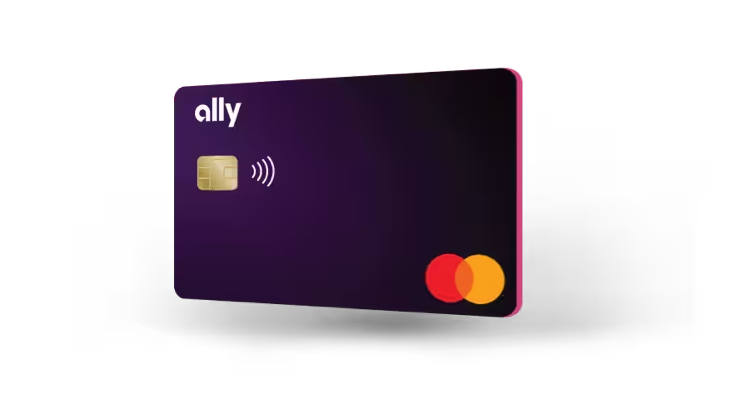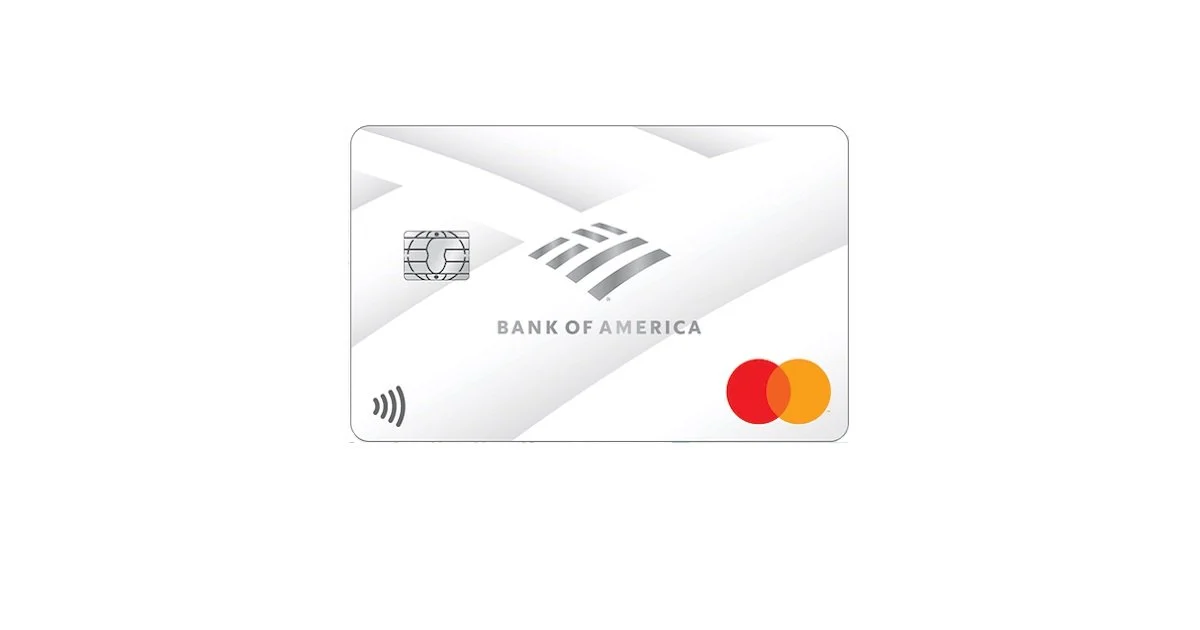The Effects of Inflation on Credit Card Interest Rates

Understanding the Impact of Inflation
Many people use credit cards for daily purchases, but few consider how economic factors affect their borrowing costs. Inflation, defined as the general increase in prices over time, plays a significant role in shaping credit card interest rates. This interaction can have profound implications for your financial health and overall spending power, ultimately affecting your ability to manage your finances effectively.
As inflation rises, several key changes typically occur:
- Increased Interest Rates: Lenders often respond to rising inflation by increasing interest rates on credit cards. For instance, if inflation rises sharply, the Federal Reserve may decide to raise the federal funds rate, which in turn encourages banks and credit card companies to charge higher rates to cover their costs. For someone with a credit card balance of $5,000, a 2% increase in interest rates could mean paying an additional $100 annually in interest.
- Higher Minimum Payments: With higher interest rates, the amount you owe on your credit card will accumulate more quickly. Consequently, as your balance accrues interest, monthly minimum payments may also increase. For example, if your minimum payment was initially $150, a rise in interest rates might bump it up to $180, putting additional strain on your monthly budget.
- Long-Term Debt Impact: Existing debts can become more costly if inflation persists. Consider someone who has taken out a personal loan or financed a large purchase. If inflation leads to higher interest rates, they may find themselves stuck paying much more in the long run. This becomes especially problematic for those who do not have a stable income, as their financial burden increases just when their purchasing power is diminished.
Moreover, the Federal Reserve typically responds to inflation by adjusting interest rates nationwide. This means that not only new credit card users but also current cardholders may feel the pinch as rates climb. Anyone carrying a balance on their credit card should be especially mindful of these changes, as they can swiftly impact their financial obligations.
Understanding these dynamics can help you make informed financial decisions. By being aware of the potential impacts of inflation, you can better navigate the challenges that arise with rising credit card interest rates. Consider strategies such as paying down existing debt more aggressively or looking for credit cards with lower interest rates before inflation escalates further. In conclusion, staying informed and proactive can help you mitigate the negative effects of inflation and manage your finances effectively in a fluctuating economic landscape.
DISCOVER MORE: Click here to learn how to apply
The Relationship Between Inflation and Interest Rates
To fully grasp how inflation affects credit card interest rates, it’s essential to understand the underlying relationship between these two economic factors. Credit card interest rates are not static; they fluctuate based on various external influences, with inflation being one of the most prominent. Generally, when inflation persists, it contributes to rising interest rates across the economy. This phenomenon stems from lenders needing to maintain their profit margins in the face of decreasing purchasing power.
As inflation erodes the value of money, lenders face increased costs in their operational and borrowing processes. Consequently, to offset these costs, they are likely to increase interest rates, which impacts consumers who rely on credit cards for immediate financing needs. Here are a few crucial aspects of how this relationship works:
- Supply and Demand for Credit: During periods of inflation, consumers often experience a squeeze on their finances, leading to a higher demand for credit. As more people turn to credit cards to manage daily expenses, lenders may adjust their interest rates higher to balance out the increased risk associated with lending in an inflationary environment.
- Risk Premium: Inflation brings uncertainty, and lenders are more cautious about issuing credit when prices are rising. To compensate for this perceived risk, lenders might add a higher risk premium to their interest rates. This means that even those with good credit scores could see their rates increase as lenders account for potential future inflation’s impact on repayment.
- Economic Indicators: Lenders often monitor key economic indicators such as the Consumer Price Index (CPI) and the Producer Price Index (PPI) to gauge inflation trends. A significant rise in these indices often prompts lenders to take preemptive action by increasing rates, which consumers may notice sooner rather than later.
It’s important to remember that interest rates are influenced not just by inflation but also by central bank policies. The Federal Reserve, which governs monetary policy in the United States, plays a pivotal role in determining interest rates. When inflation rises above a target level, the Fed may choose to implement measures such as increasing the federal funds rate, leading to higher borrowing costs for banks and, ultimately, consumers.
For credit card holders, understanding the implications of this relationship is essential. With interest rates climbing in response to inflation, remaining vigilant about your financial situation is crucial. Individuals should consider how much they currently owe on their credit cards, how interest rates might affect those balances in the future, and whether it may be beneficial to seek lower-interest credit options sooner rather than later.
DISCOVER MORE: Click here for advanced insights
Understanding the Impact of Inflation on Credit Card Rates
As inflation continues to shape the financial landscape, it is crucial to explore how it specifically impacts credit card interest rates and, consequently, cardholders. Credit card interest rates, often variable, are influenced not only by inflation but also by broader changes within the economy and individual financial behaviors.
One significant consequence of rising inflation is the shift in consumer behavior. With the cost of living increasing, many individuals find themselves struggling to meet their financial obligations. This leads to a greater reliance on credit cards, as people seek immediate financial relief. However, increased demand for credit can result in higher interest rates as lenders respond to this growing need with caution.
Competitive Landscape: The credit card market is highly competitive, and inflation can disrupt this balance. When interest rates rise due to inflationary pressures, credit card issuers may try to attract and retain customers by offering promotional rates or balance transfer options. These may seem like favorable choices, but it’s essential to read the fine print. Often, promotional rates are temporary, and once they expire, cardholders may face much higher rates. It’s crucial to understand the long-term implications of these offers during inflationary periods.
Economic Sentiment: During inflationary times, consumer sentiment also plays a role in how credit costs are perceived. If consumers believe inflation will continue to rise, they may be less willing to charge purchases on their credit cards, anticipating that higher interest rates could exacerbate their debt situation. This mental hurdle can further reduce overall spending and can lead to slower economic growth, creating a feedback loop where credit card interest rates must adjust accordingly.
Debt Impact: High inflation can also disproportionately affect low- and middle-income households. These families often have smaller financial cushions and may rely on credit cards to manage everyday expenses. When interest rates increase due to inflation, these individuals can find themselves trapped in a cycle of accumulating debt, as more of their monthly payments go toward interest rather than paying down the principal balance. For example, a consumer with a credit card debt of $5,000 may see their interest rate rise from 15% to 20%. This change could mean over $1,000 more paid in interest over the life of the balance if it remains unpaid. Understanding these figures makes it clear how inflation can escalate financial difficulty for many households.
Credit Score Considerations: Maintaining a good credit score can also be impacted by inflation-related interest rate hikes. High-interest rates can lead consumers to use a higher percentage of their credit limits, which can decrease their credit score over time. This drop can create a vicious cycle—lower scores lead to higher interest rates offered by lenders, which in turn may lead to more reliance on credit cards to make ends meet. It becomes increasingly important for consumers to manage their credit wisely, especially as inflation shapes their financial reality.
In conclusion, as we navigate the complexities of inflation and its effects on credit card interest rates, it is essential for consumers to remain informed and proactive. By understanding how these factors interact, cardholders can make more informed decisions regarding their credit usage and seek strategies to mitigate the effects of rising rates during inflationary periods.
DIVE DEEPER: Click here to learn more
Final Thoughts on Inflation and Credit Card Interest Rates
In summary, understanding the relationship between inflation and credit card interest rates is crucial for consumers navigating today’s economic landscape. As inflation drives up living costs, many individuals may rely more heavily on credit cards to manage their finances. This increased reliance can lead to higher interest rates as credit card issuers adjust their offerings to mitigate risk, ultimately placing an additional burden on cardholders.
Moreover, economic sentiment plays a significant role in this dynamic. When consumers anticipate rising inflation, their willingness to use credit may diminish, impacting overall spending and economic growth. This delicate balance creates a situation where rising rates can perpetuate financial strain, especially for low- and middle-income households who often bear the brunt of these changes.
As such, it becomes imperative for consumers to adopt proactive strategies. Understanding how to manage credit wisely, seeking out favorable credit terms, and carefully evaluating promotional offers are key steps towards maintaining financial stability. Furthermore, being aware of one’s credit score and taking steps to protect it can help mitigate the long-term effects of rising interest rates.
Ultimately, while inflation presents challenges for credit card users, being informed and strategic can help individuals navigate these turbulent times. By taking control of their credit utilization and being mindful of economic trends, consumers can better position themselves in an ever-evolving financial environment.


